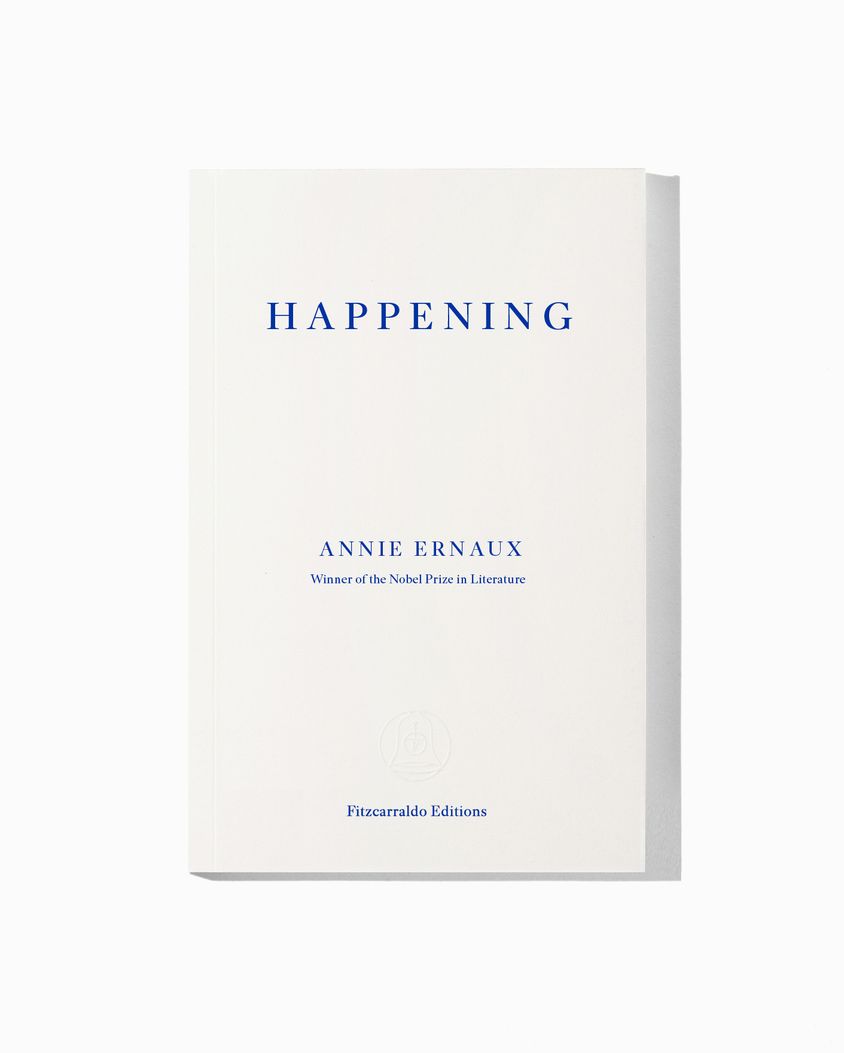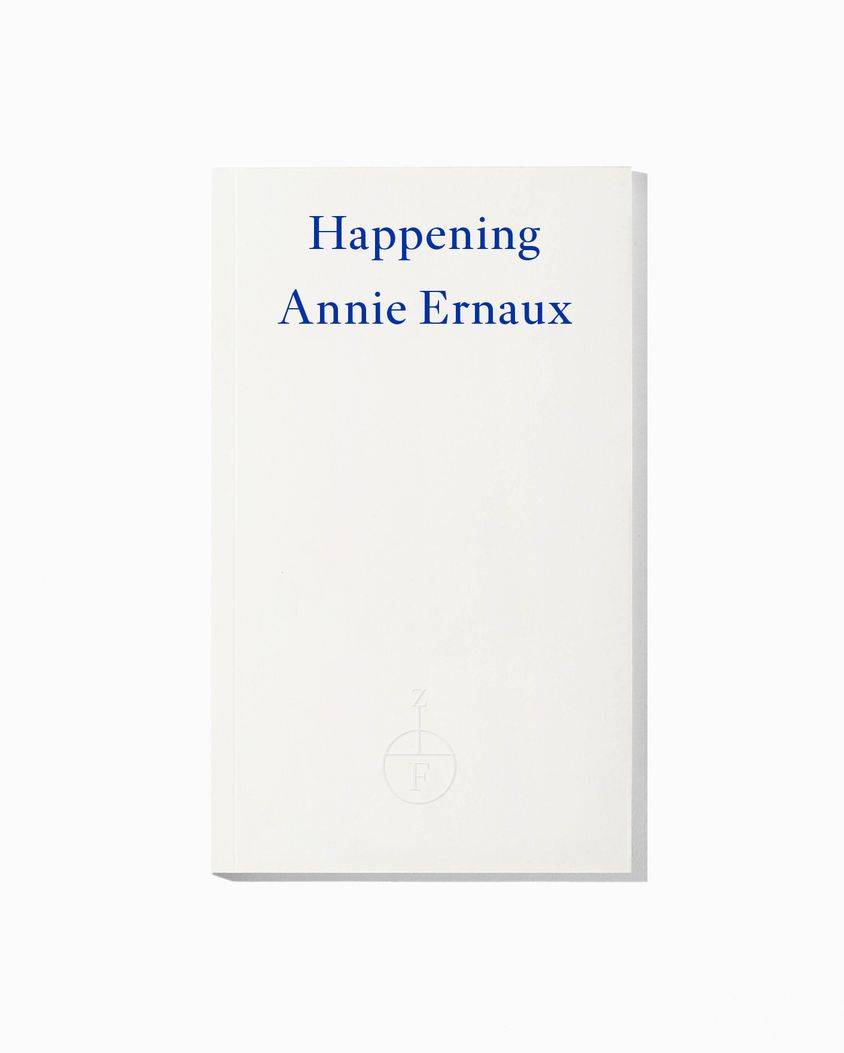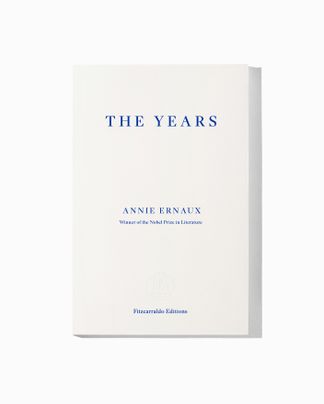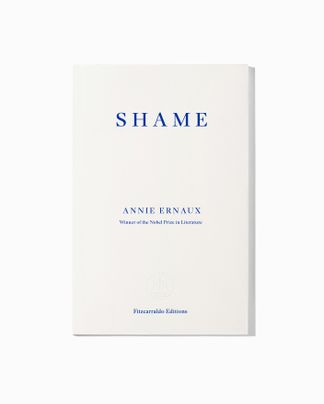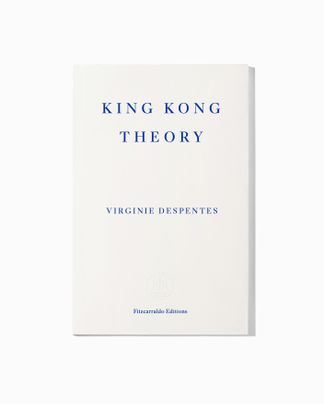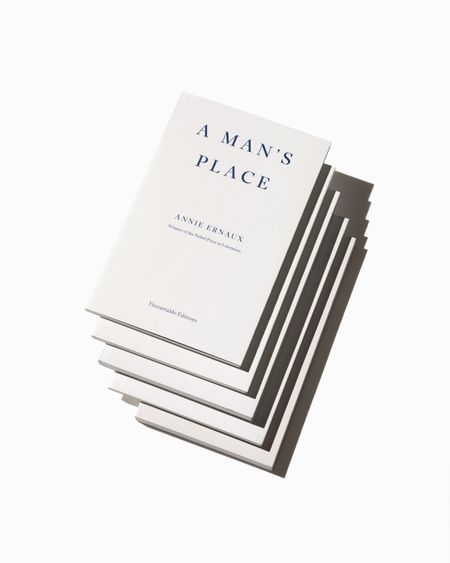Winner of the Nobel Prize in Literature 2022
In 1963, Annie Ernaux, 23 and unattached, realizes she is pregnant. Shame arises in her like a plague: understanding that her pregnancy will mark her and her family as social failures, she knows she cannot keep that child. This is the story, written forty years later, of a trauma Ernaux never overcame. In a France where abortion was illegal, she attempted, in vain, to self-administer the abortion with a knitting needle. Fearful and desperate, she finally located an abortionist, and ends up in a hospital emergency ward where she nearly dies. In Happening, Ernaux sifts through her memories and her journal entries dating from those days. Clearly, cleanly, she gleans the meanings of her experience.

